Positive Psychology and Restorative Justice
Positive Psychology and Restorative Justice
This multi-year, ground breaking project was initiated by RJ4All in partnership with Buckinghamshire New University in January 2013, and combines theoretical analysis, original fieldwork and social policy development at national and international levels.
The project aims to scientifically investigate and pilot intervention methods that use the tools of positive psychology and the Good Lives Model through restorative justice. Pilots have included cases such as violence against the person, theft, riots and hate crimes.
THE PROJECT
Traditionally, criminologists have used psychology to understand and reduce violence by focusing on the negative traits that lead people to crime. This approach is encapsulated in the Risk Need Responsivity (RNR) model of rehabilitation. This approach is failing at practical, policy, political and financial levels internationally (Gavrielides, 2015). The Good Lives Model (GLM) was recently developed as an alternative approach focusing on nurturing the offender’s personal strengths and goals.
This project takes the next step in deepening the relationship between the GLM and restorative justice. The project uses the tool of positive psychology to provide a fresh critical analysis of restorative practices, which have recently received much attention by policy makers and politicians. Questions that we are looking at:
- What can restorative justice learn from positive psychology?
- Is there anything to be gained from this relationship for rehabilitation theories?
- How can the victim and the community be brought into the rehabilitation debate?
By bringing positive psychology into the restorative justice debate, we may be able to generate a much needed normative and practical direction for improved implementation of restorative practices including minimising the risks associated with their delivery as well as increasing the positive effects that we now know they can have on victims, offenders and the community.
During the lifetime of the project, it is expected that the following outputs will be achieved: several publications, awareness raising events and educational material. Ultimately, the project aims to bridge a gap in scientific knowledge while impacting on the ground by informing policy and practice.
FIRST PROJECT PHASE (2013-14)
The first phase of the project was funded by Buckinghamshire New University
It was based on a literature view and aimed to develop a theoretical framework for the application of positive psychology in the context of restorative justice.
This resulted in Gavrielides, T. and Worth, P. (2013). “Another push for restorative justice: Positive psychology & offender rehabilitation”
in Crime: International Perspectives, Socioeconomic Factors and Psychological Implications", USA: Nova Science Publishers.
SECOND PROJECT PHASE (2014-15)
The second phase of the project was also funded by Buckinghamshire New University and included fieldwork and pilots of real restorative justice encounters that were delivered with the following partners
- Khulisa (UK)
- the Centro de Mediación y Arbitraje (Central University of Chile)
- the Forgiveness Project (UK).
This project phase resulted in another peer reviewed publication Worth, P., Gavrielides, T., Smith, M., Ntziadima, A., Gouseti, I. (2015), “The Psychology of Restorative Justice: Creating the inner and outer space for change: An observation of Restorative Justice meetings”
in Gavrielides, T. (Eds). The Psychology of Restorative Justice: Managing the Power Within. Farnham: Ashgate Publishing, ISBN 978-1-4724-5530-7.
THIRD PROJECT PHASE (2015-)
The third phase of the project is now ongoing. The evidence from this project has also been used to create a proposal that is now funded by the EU and is titled the Youth Empowerment and Innovation Project
(YEIP).
To support RJ4All's initiative within this programme, either as an intern, funder, associate or partner, please visit this page.
Related Publications
Restorative Justice for All International Institute (RJ4All)
The RJ4All Rotherhithe Community Centre, 30 Plough Way London SE16 2LJ, UK
admin@rj4all.org | +44(0)7708758600 or 07795678904
Company CIC no : 08684719
| D-U-N-S: 219626583 | Ebay charity ID 125844 | CPD Membership no: 12186 | Paypal Giving Fund number: 1138175 | EC ID: E10008173 | EuropeAid ID: GB-2019-AKO-0605322022 |
European PIC:
941867673 | Ariba Commerce Cloud no: AN11181340179 | UKPRN: 10093192 | GLA Open Project System ID: 13678



